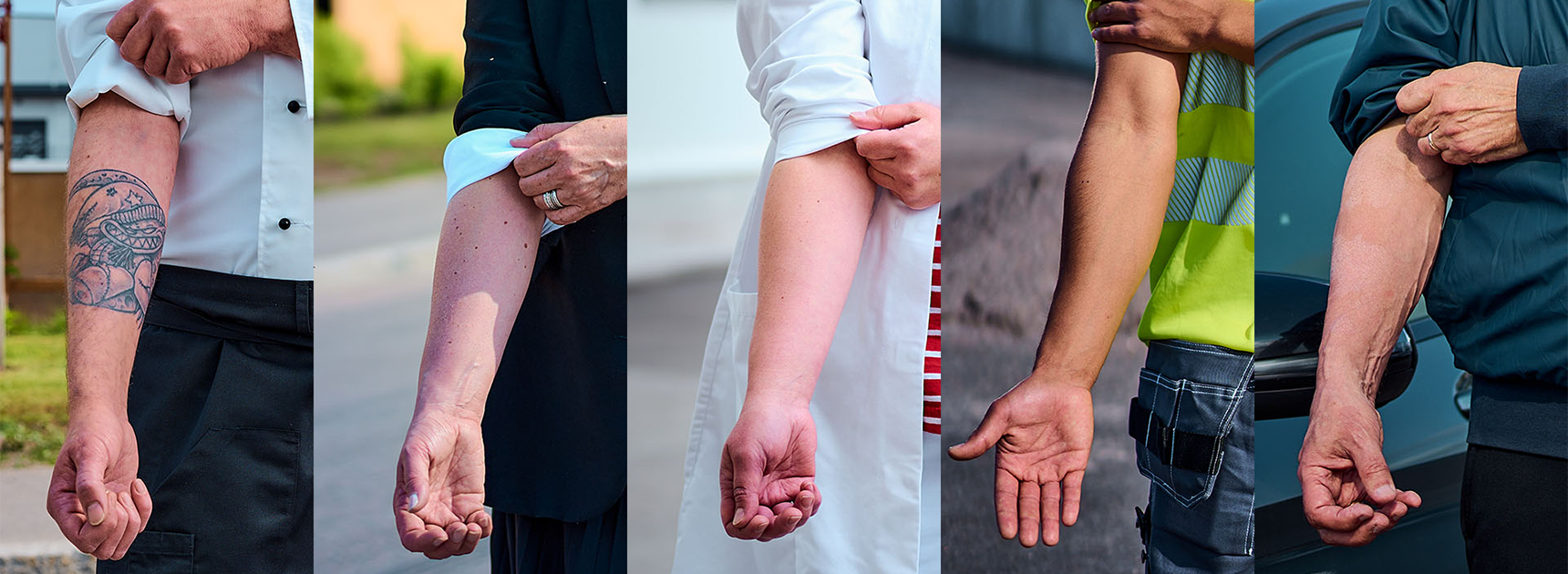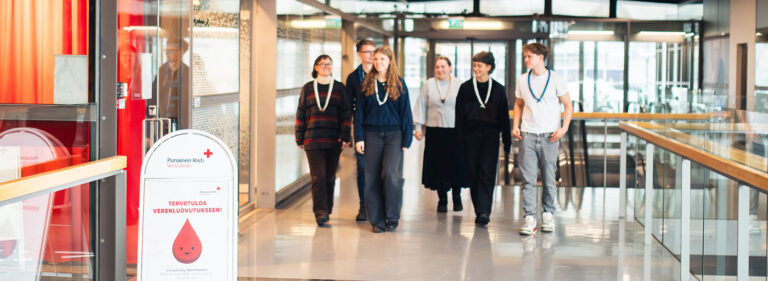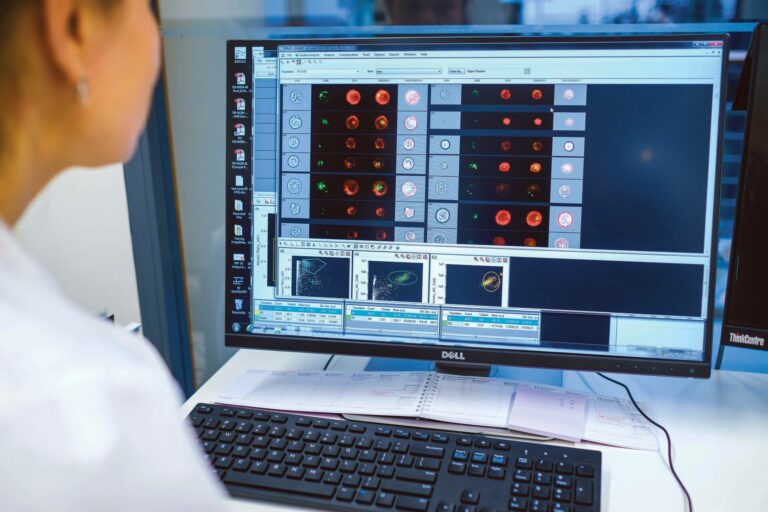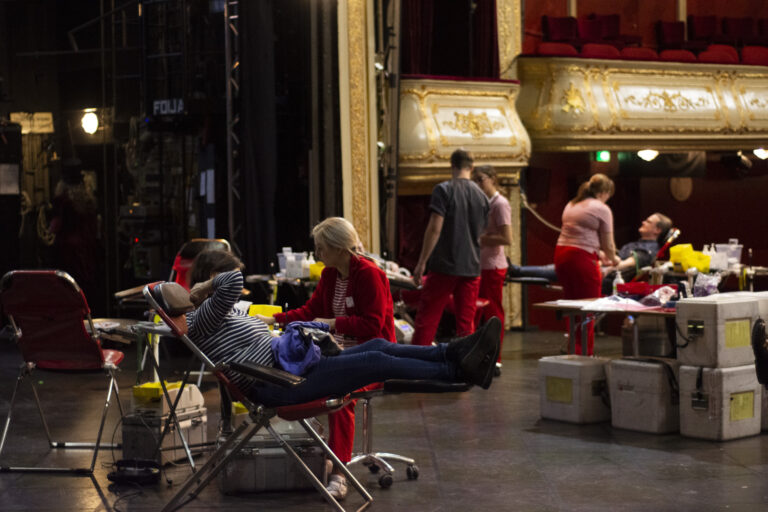More and more work communities are allowing blood donation during working hours
Launched a year ago by the Blood Service, the Workplace Certificate has already been implemented in more than 250 workplaces. The certificate recognises work communities that allow members to donate blood during working hours.

“Workplaces that allow blood donation during working hours are making an important contribution to the entire blood supply chain. They are helping to add new blood donors to the existing pool of donors,” says Katarina Stendahl, who is the Financial Services and Sustainability Manager at the Blood Service.
For work communities, the decision to allow blood donation during work hours is an opportunity to demonstrate social responsibility. Donating blood is a quick and easy way to help out. The work communities themselves can decide in more detail on the conditions of donating blood, such as how many times a year employees can donate blood. In Finland, blood donors donate an average of 1.6 times a year.
Riihimäki is a trailblazing town
Workplaces of various sizes across a wide range of industries have implemented the Workplace Certificate. The town of Riihimäki recently implemented the certificate. It is one of the first municipal employers to allow all its staff to donate blood during working hours. Staff actively supported the idea.
“Several members of staff contacted us to see whether they could donate blood during working hours,” says Päivi Ojanen, staff development manager for the town of Riihimäki.
“The employer and employee representatives discussed the matter and found that donation aligns with the town’s values and image. We want to be a fair and responsible employer,” says Ojanen.
“It was also important to our staff, and we want our decision to show that it pays to take the initiative and suggest ideas for improvement,” says Ojanen.
Riihimäki implemented a new practice whereby donating blood must not affect the implementation of the town’s services.
“The condition we set for donation during working hours was that we mustn’t need to find a substitute worker. In addition, we limited the time available for donating blood to one hour. We hope that the practice will make it easier to donate blood and to encourage staff to donate for the first time,” says Ojanen.



